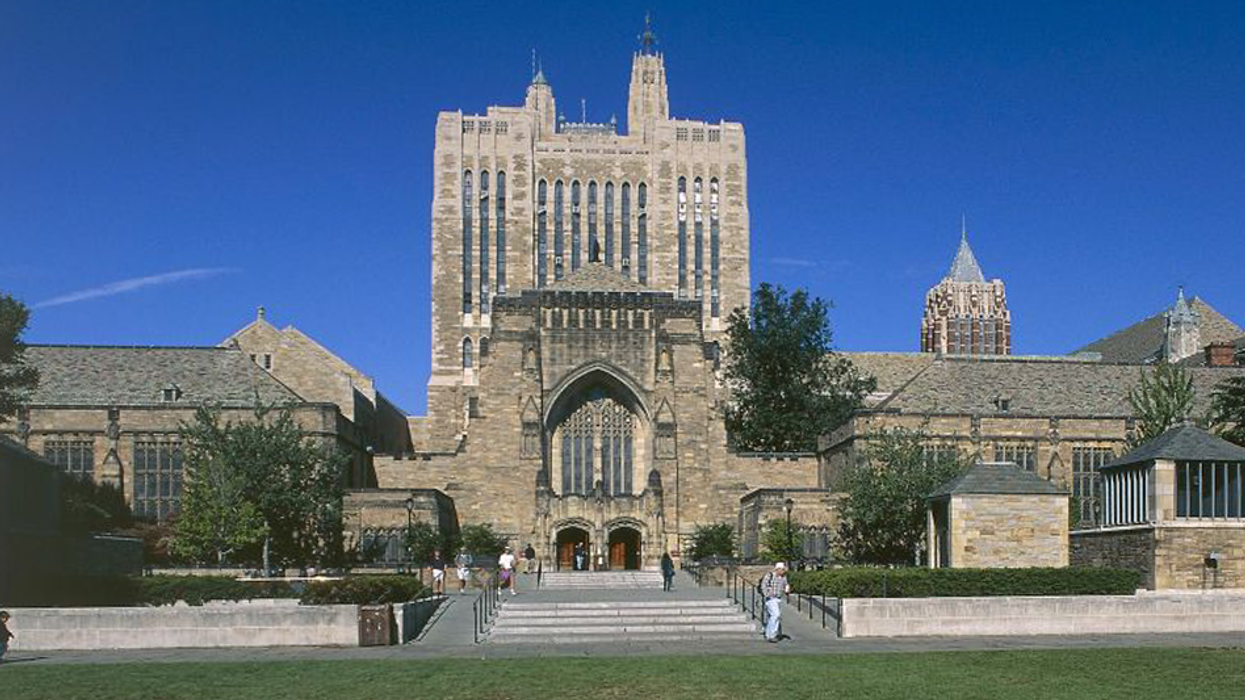
DEA / M. Borghi / Getty Images

A former Yale student who was kicked out of school following rape accusations has been cleared to sue his accuser for defamation over her previous statements. The student is also suing the school.
Saifullah Khan, a 30-year-old Afghan who was attending Yale for neuroscience on a full scholarship, was acquitted of rape charges in 2018. Charges stemmed from allegations by a 21-year-old acquaintance who said Khan took advantage of her while she was extremely drunk after a Halloween party.
Khan's lawyers said the encounter was consensual, according to the New York Post. He was allowed to return to school following the acquittal, despite a petition against him that reached nearly 80,000 signatures.
Bizarrely, Khan was accused of slapping a man during a threesome with a woman later in 2018 in Washington, D.C. It was for this accusation that he was eventually kicked out of Yale in 2019.
“There’s no doubt in my mind that the process Yale used to engage in its fact-finding was fatally flawed,” Khan's attorney said at the time.
Khan has had a $110 million lawsuit pending against Yale since 2019, which he filed after his dismissal. The Connecticut Supreme Court has since ruled that he can also sue his accuser for defamation in regard to statements she made during the school hearing.
The state's supreme court ruled that the accuser wouldn't get "qualified immunity" for her statements from 2015, due to the fact that the university's procedures were considered unfair to Khan.
Qualified immunity is meant to protect people from statements that are made in judicial cases or "quasi judicial" cases such as the university hearing. However, the court found that Khan and his team were not given the opportunity to cross-examine the accuser and were forced to hear the testimony from a separate room.
“For absolute immunity to apply under Connecticut law fundamental fairness requires meaningful cross-examination in proceedings like the one at issue," the Connecticut Supreme Court declared.
The court also noted that the Yale hearing was insufficiently fair because the accuser was not made to testify under oath and Khan's attorneys were not provided a transcript of the testimony.
Neither the accuser’s lawyers nor Khan’s lawyers replied to a request for comment.
Like Blaze News? Bypass the censors, sign up for our newsletters, and get stories like this direct to your inbox. Sign up here!
Andrew Chapados